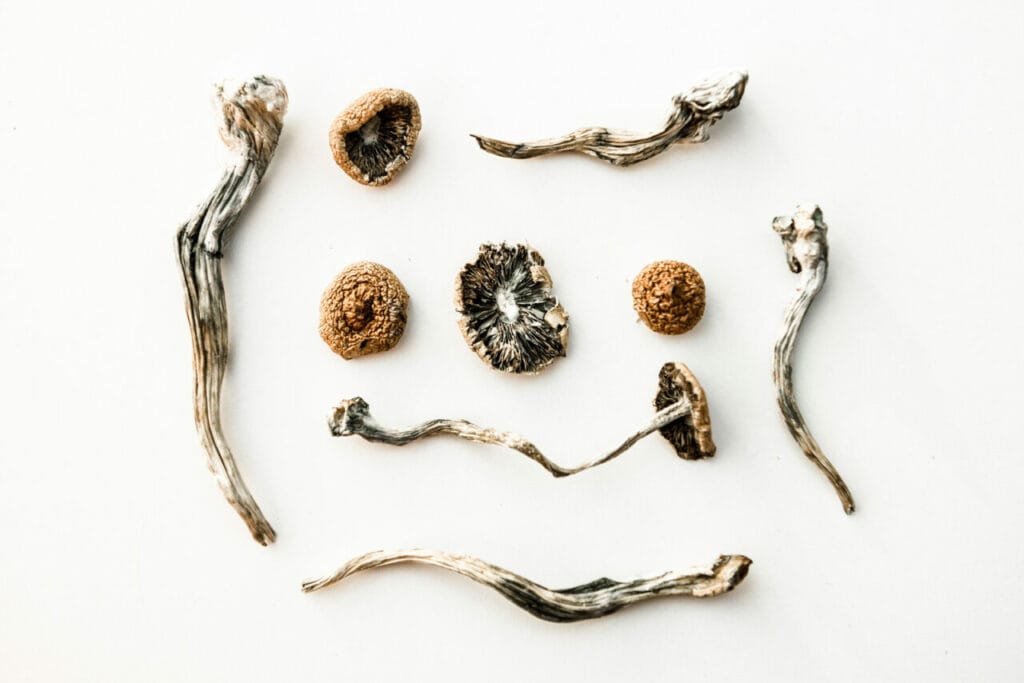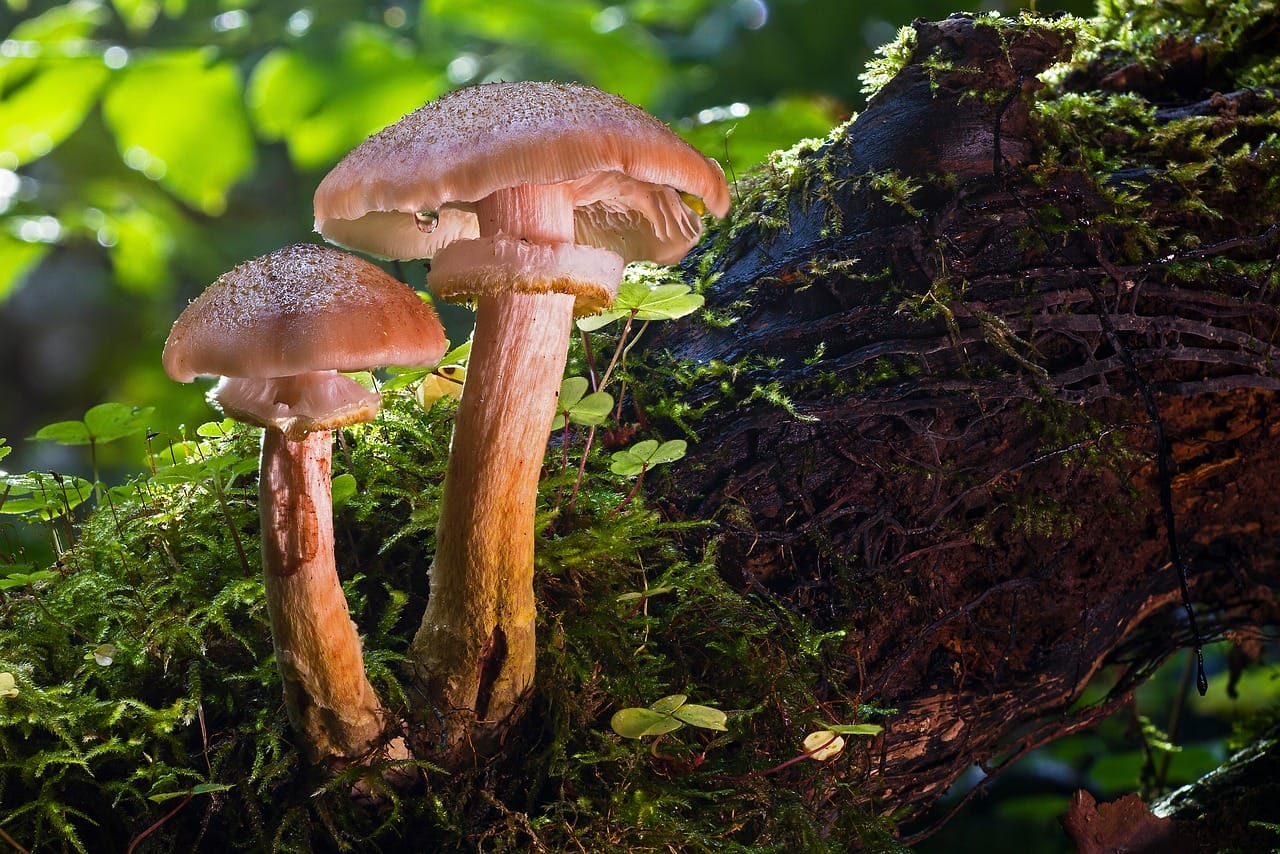Initially, magic mushrooms were seen by many Canadians as just another psychedelic substance used mainly for recreation. However, upon studying the active compound, psilocybin, scientists discovered its powerful potential to treat various mental health disorders.
As our understanding of psilocybin’s potential applications grows with more research data, it becomes easier for individuals to access these products through magic mushroom delivery services. A recent study illuminated its role in human consciousness, which might explain its significant impact on the human brain. Let’s further explore this fascinating topic of magic mushroom products.
Key Takeaways:
- Psychedelic magic mushrooms have had a profound impact on the cognitive functions of early humans, contributing to their survival.
- Mushrooms play a significant role in neurological health, capable of easing symptoms of PTSD, depression, and anxiety.
- The influence of psilocybin on consciousness and brain function could boost creativity, introspection and abstract thinking.

Historical Usage and Significance of Magic Mushrooms
Historical evidence indicates that our ancestors have utilized the power of psychedelic magic mushrooms from ancient times. Indigenous communities globally, especially in subtropical and tropical areas like South and Central America, the Caribbean, Southeast Asia, and Africa, have used them in sacred rituals and traditional ceremonies to honor their gods.
Shrooms in Ancient Civilizations
Indigenous groups in Mexico have historically used these fungi for spiritual enlightenment, divine communication, and religious ceremonies. The Aztec Indians of South America referred to it as “God’s Flesh,” utilizing it in therapeutic rituals.
Archaeological evidence points to usage dating back to:
- Approximately 10,000 years ago in Australia
- Roundabout 7,000 years ago in North Africa
- Close to 6,000 years ago in Spain.





